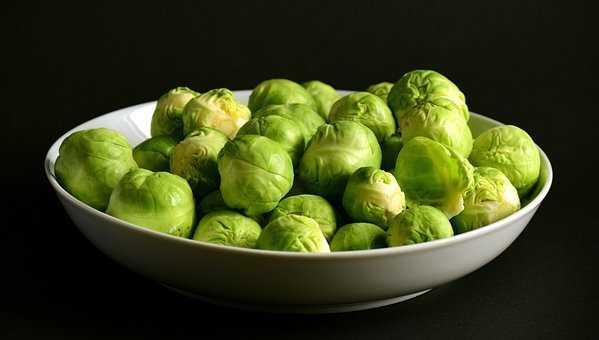Emotional eating
Emotional eating occurs in response to stress, and in people who restrict their food intake.
Eating sweet and fatty foods may improve mood temporarily by making us feel more energetic and happier, but when comfort food becomes a habit, it comes at a cost, such as weight gain.
66
680 reads
CURATED FROM
The psychology of comfort food - why we look to carbs for solace
theconversation.com
3 ideas
·1.59K reads
IDEAS CURATED BY
Passionate tv nerd and lifelong web junkie. I love sleeping. Sleeping is a science and I study it.
The idea is part of this collection:
Learn more about health with this collection
How to avoid email overload
How to organize your inbox
How to write effective emails
Related collections
Similar ideas to Emotional eating
Emotional weight
There are certain foods that, when we eat too much of it, will bring health consequences. Similar to how eating certain foods can affect our physical wellness, thinking in specific ways can also have long-term effects on our emotional wellness. We could gain emotional weight, and it can becom...
How to break the cycle of stress
- Make exercise a priority. It can reduce stress and regulate stress-related weight gain.
- Eat healthier comfort foods, such as air-popped popcorn.
- Practice mindful eating. Focus on what you're eating without distractions suc...
'Clean eating' is the most widely followed diet
Clean eating can best be described as a holistic approach to finding foods that are fresher, less processed, and a higher quality. The broader idea comes from the belief that your health is the single most important investment you can make.
Observational studies have l...
Read & Learn
20x Faster
without
deepstash
with
deepstash
with
deepstash
Personalized microlearning
—
100+ Learning Journeys
—
Access to 200,000+ ideas
—
Access to the mobile app
—
Unlimited idea saving
—
—
Unlimited history
—
—
Unlimited listening to ideas
—
—
Downloading & offline access
—
—
Supercharge your mind with one idea per day
Enter your email and spend 1 minute every day to learn something new.
I agree to receive email updates

